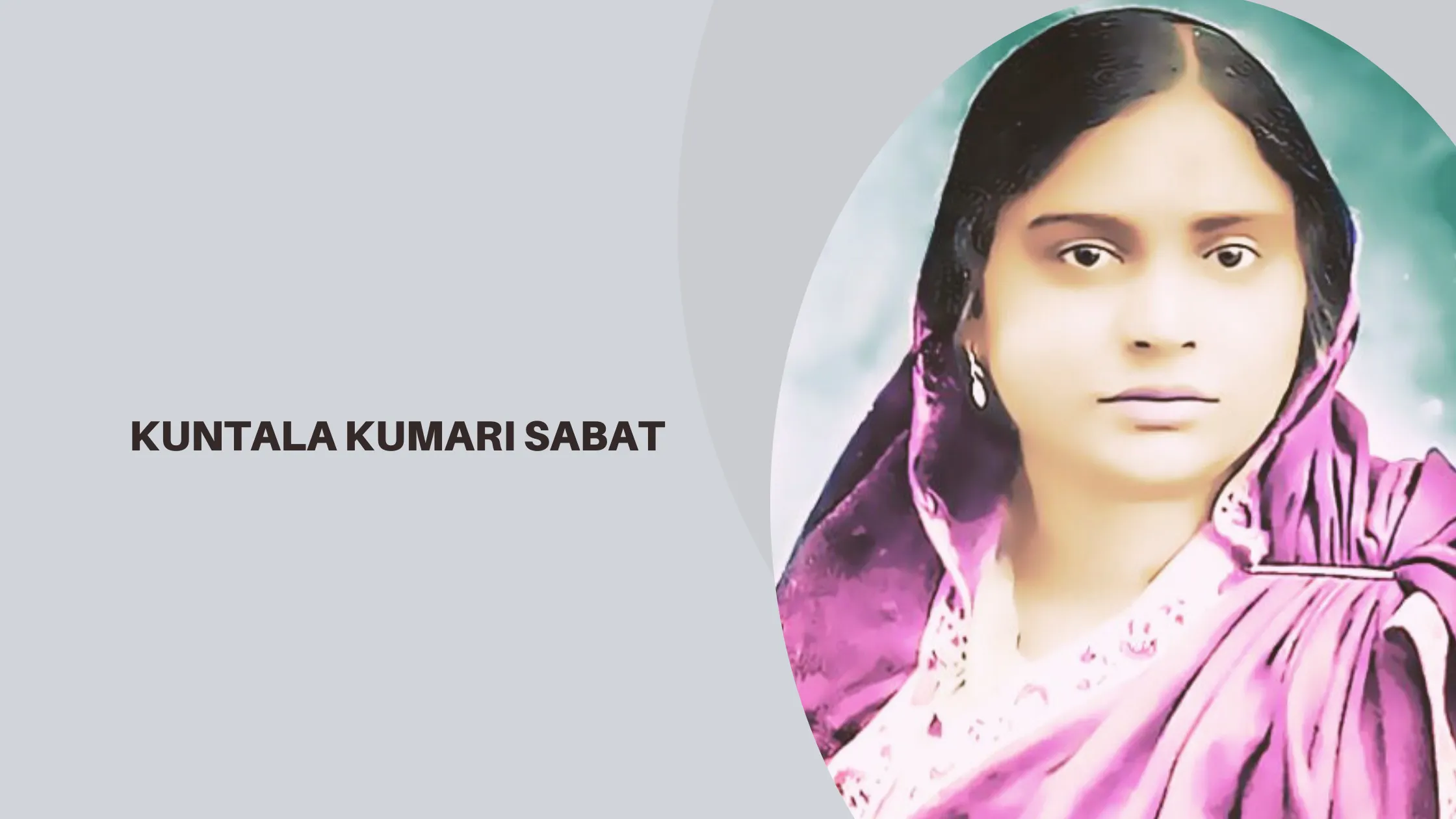Kuntala Kumari Sabat
Kuntala Kumari Sabat was born on February 8, 1901, in Jagadalpur, Bastar. Her family later moved to Burma, where she grew up learning Hindi, alongside her native Odia. She gained proficiency in English from her father and Bengali from a neighbor. She pursued her education in Khurdha and Ravenshaw Girls’ High School, Cuttack. Despite financial challenges, she excelled academically and joined Cuttack Medical School in 1918, emerging as the top candidate in the medical entrance examination.She was a doctor, writer, poet, editor, led movements for india, and helped people in her community.
Medical Career
After completing her studies, Sabat began her medical practice in Cuttack, specializing in surgery and women’s health. Her dedication earned her widespread respect, with many considering her medical care akin to that of a deity. She later served as a lady Health Visitor at a Maternity Welfare Centre in Cuttack, garnering attention for her exemplary service.
In 1928, Sabat married and moved to Delhi, where she established her own medical hall named “Bharati Medical Hall.” Despite her busy schedule, she continued to excel in her medical profession while balancing family responsibilities.
Literary Contributions of Kuntala Kumari Sabat
Sabat’s literary prowess was equally remarkable. She was a regular contributor to renowned journals such as Utkal Sahitya, Mukura, and Sahakara. Her writings, which reflected the socio-political concerns of Odisha during the 1920s and 1930s, garnered widespread acclaim.
She authored several collections of poetry, including “Taraprati,” “Anjali,” and “Uchhwas,” along with patriotic songs like “Archana” and “Spulinga.” Her novels, such as “Kalibohu,” “Parasamoni,” and “Raghu Arakshita,” addressed themes of humanism, women’s freedom, and social reform.
Social Activism and Legacy
Beyond her medical and literary endeavors, Sabat was actively involved in social activism. She penned essays advocating for freedom from casteism, widow remarriage, and religious superstitions. She delivered lectures promoting health consciousness, especially among women and girls.
Despite her significant contributions, Sabat’s life was tragically cut short when she passed away at the age of 38 due to childbirth complications. Her legacy as a pioneering figure in medicine, literature, and social reform continues to inspire generations, leaving an indelible mark on society and the nation.

